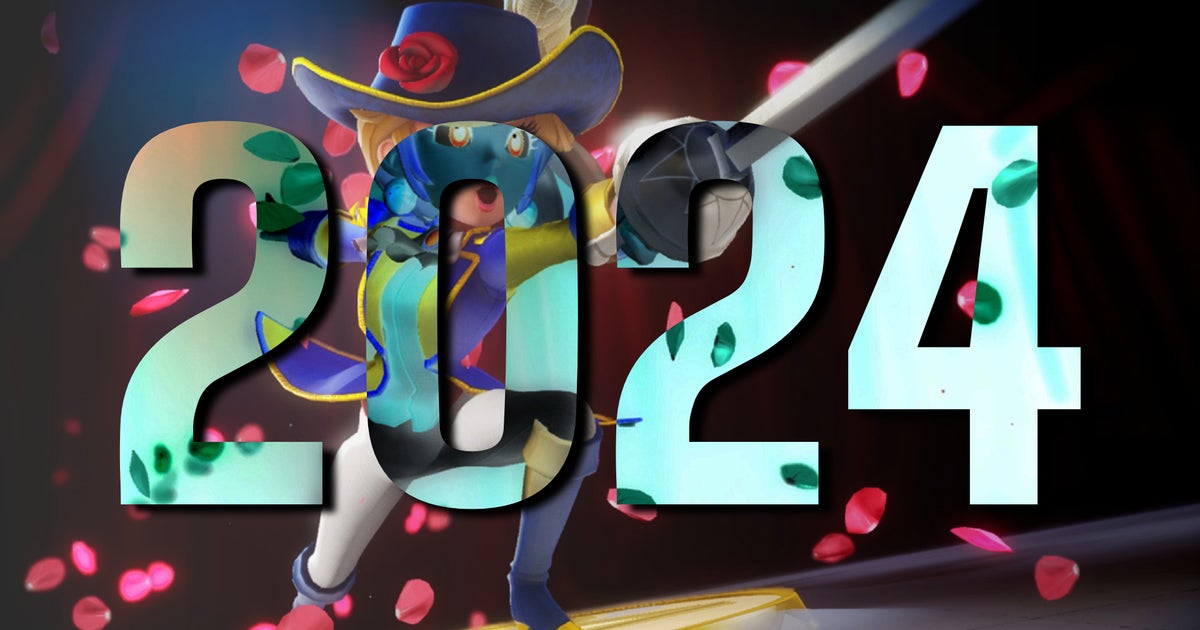For a good while, fans of Mario and co. theorised that Super Mario Bros. 3 was – in fact – some type of stage play. The opening of the curtains at the beginning of the game, the platforms that hung from ceilings, and the fact that when Mario concludes a level, he simply walks off stage and onto the next one.
Back in 2015, theories could finally be laid to bed when Shigeru Miyamoto – Mario’s creator – took part in a short video debunking various rumours about the classic Nintendo series (thanks, IGN). During the video, Miyamoto is asked whether Super Mario Bros. 3 was “just a performance,” to which the Mario creator responds with a nod. Yes, Super Mario Bros. 3 was the stage-play that many already thought it was.
If you look at other games in the series, you can see plenty of other stylistic choices and hints at them also being more theatrical than fans may have thought. Previously, in an interview between GameInformer and Miyamoto from 2012, the creator was also asked about the relationship between Bowser and Mario. Time and time again, this hostile turtle kidnaps Princess Peach, but time and time again, we see Mario casually hanging out with his sworn enemy for a game of tennis or some go-karting. What’s that about?
Miyamoto responds, “If you’re familiar with things like Popeye and some of the old comic characters, you would oftentimes see this cast of characters that takes on different roles depending on the comic or cartoon. […] Depending on the story that was being told, they would change roles. So, to a certain degree, I look at our characters in a similar way and feel that they can take on different roles in different games. It’s more like they’re one big family, or maybe a troupe of actors.”
Miyamoto referring to Mario’s array of characters as a troupe of actors, before later confirming that Super Mario Bros. 3 is a stage play, certainly makes you look at Mario in a different way. And with the announcement – and imminent release of – Princess Peach Showtime, it’s time that we revisit this.
Princess Peach Showtime is wearing Nintendo’s theatrical influences on its sleeve. In this game, which sees Peach become a protagonist again after her first game (Super Princess Peach, 2005), it’s all about Peach restoring peace when the Sparkle Theater winds up going off-script. Peach’s time to shine on the stage is certainly a lot more explicit than Mario games before it, but there’s no denying that this is Miyamoto’s stage-play philosophy at its finest.
In the Super Mario Bros. Movie, we saw Princess Peach be a real driving force for Mario’s heroic antics; it’s about time she was given a stage-play of her own to show off all of her abilities. Super Princess Peach will see Peach become her own “troupe of actors”, as she takes on multiple starring roles in an attempt to prevent Wicked Grape and Sour Bunch from stealing the show; we’ll be seeing Peach play detective, or a sword fighter, or even a chef, as she goes about getting the script back on track.
We’ve seen Peach go-karting, playing tennis, and mainly, playing the damsel in distress for Mario to go and rescue. Even in Super Princess Peach – when the damsel in distress trope was reversed as Peach strived to rescue Mario & Luigi – we saw Peach platform her way through multiple worlds, but she wasn’t exactly given the time to shine that she deserved. Instead, she was given a talking umbrella and an ‘Emotion Meter’, and it all felt a little bit sexist. As one of Nintendo’s most iconic characters, Princess Peach deserved a lot more than that, and it looks as though Princess Peach: Showtime could be exactly that.
It’s great – and more important than ever – that Peach is finally getting a stage-play of her own to be at the forefront of; something to explicitly show off everything that she is capable of, other than being a pristine Princess with some mean go-karting skills. A game that doesn’t use her emotions as a gameplay mechanic, and instead sees Princess Peach throwing herself into varying roles, showing all players – especially younger folk – exactly what they can do if they set their minds to it.
If all Mario games are stage-plays about characters who work tirelessly to save the world – all while being doctors, kart racers, plumbers, and whatever else in their spare time – it’s about time that we see Princess Peach show off her talent and prowess in an iconic stage play or her own. She’s a role model after all, so it’s about damn time we gave her character the opportunity to make each and every one of her talents known.
It’s showtime, koopalings!
Princess Peach Showtime will release on the Nintendo Switch on March 22, 2024.

